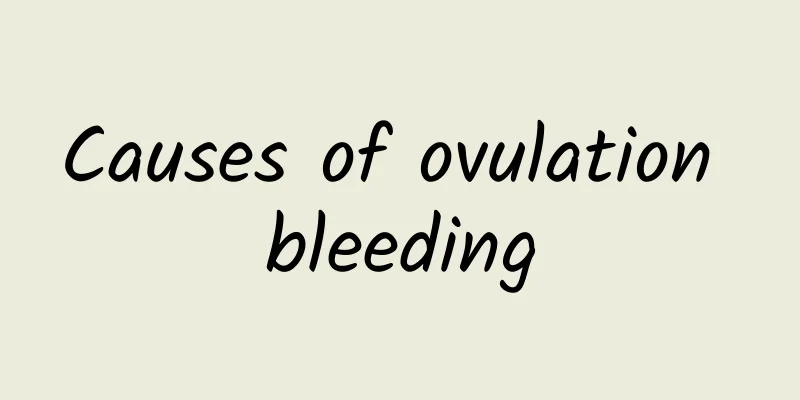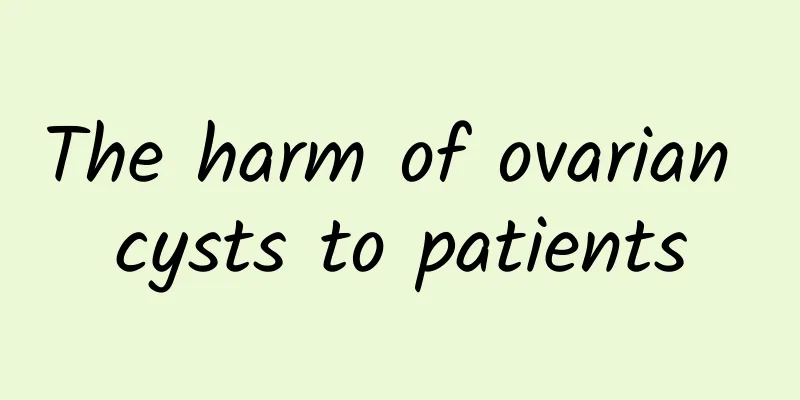Treatment of hypothalamic amenorrhea

|
Amenorrhea is a common symptom in women. Physiological amenorrhea is a normal physiological phenomenon that has nothing to do with disease and is basically harmless to health. Hypothalamic amenorrhea is one type of physiological amenorrhea and is also the most common cause of amenorrhea. The hypothalamus secretes gonadotropin-releasing hormone, but hypothalamic amenorrhea is caused by mental factors, tension, fear, anxiety, environmental changes, regional migration, cold stimulation, malnutrition or chronic wasting diseases, long-term use of contraceptives, amenorrhea and lactation, polycystic ovary syndrome, etc. Due to the influence of various stimuli from inside and outside the body, the dysfunction between the central nervous system and the hypothalamus affects the function of the pituitary gland, among which luteinizing hormone is often affected, and ovulation function is impaired. When the degree of inhibition increases and follicle-stimulating hormone is affected, follicle development is impaired, and then amenorrhea occurs. Inducing ovulation is one of the methods for treating hypothalamic amenorrhea. For patients who want to have children and have not lost their ovarian function, hormones or analogs can be used to induce ovulation: 1. For patients with pituitary insufficiency, follicle-stimulating hormone extracted from urine of postmenopausal women can be used to promote follicle development and secrete estrogen, and combined with chorionic gonadotropin for treatment, the success rate of ovulation is high; 2. For those with normal pituitary and ovarian functions but insufficient or uncoordinated hypothalamic function, clomiphene can be used to correct the function of the hypothalamic-pituitary-ovarian axis and induce ovulation. |
<<: What symptoms do patients with adnexitis usually experience?
>>: Dysfunctional uterine bleeding may be a process leading to menopause
Recommend
The dangers of progesterone inducing menstruation
Using progesterone to induce menstruation may bri...
What is the cause of menopause?
Physiological menopause is the result of the natu...
How to use topical medications for chronic cervicitis in women? Medication guide for patients with chronic cervicitis
Chronic cervicitis can be treated with topical me...
How long should I rest after a miscarriage in three months?
How long should I rest after a three-month miscar...
What are the diagnostic criteria for vulvar leukoplakia?
Vulvar leukoplakia is a common gynecological dise...
Traditional Chinese medicine says that ovulation bleeding is a good thing
Generally, there is no view that "TCM says o...
Can uterine fibroids be treated with supplements? Drink brown sugar red bean soup to regulate before and after menstruation
Can I take supplements if I have uterine fibroids...
What are the dangers of premature ovarian failure?
What are the dangers of premature ovarian failure...
TCM explains the causes of dysmenorrhea
Dysmenorrhea refers to pain in the lower abdomen ...
Can severe endometrial thickening be cured?
Endometrial thickening is also known as endometri...
Are fruits and whole grains good for your health? Should we eat more of them? Slimming Queen: The Devil is Hiding Here…
People who are trying to lose weight may often he...
Why Bartholinitis Cannot Be Healed for a Long Time
Many causes of Bartholin gland cysts are caused b...
What symptoms of cervical erosion should be paid attention to
Many female friends don’t know much about the sym...
Multi-pronged approach to provide good care for pelvic inflammatory disease
Pelvic inflammatory disease usually occurs acutel...
How is pelvic inflammatory disease transmitted?
What is the transmission route of pelvic inflamma...









